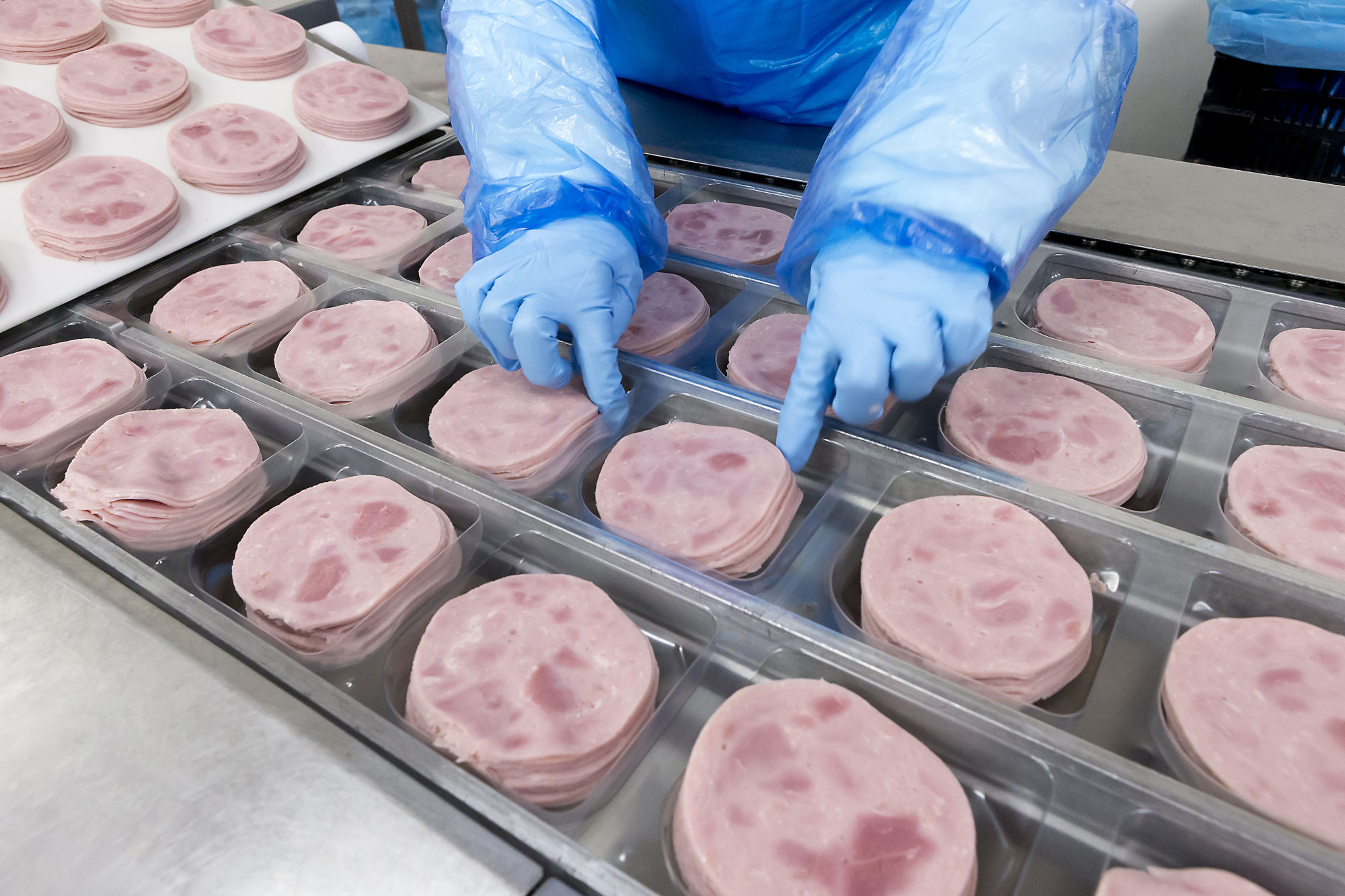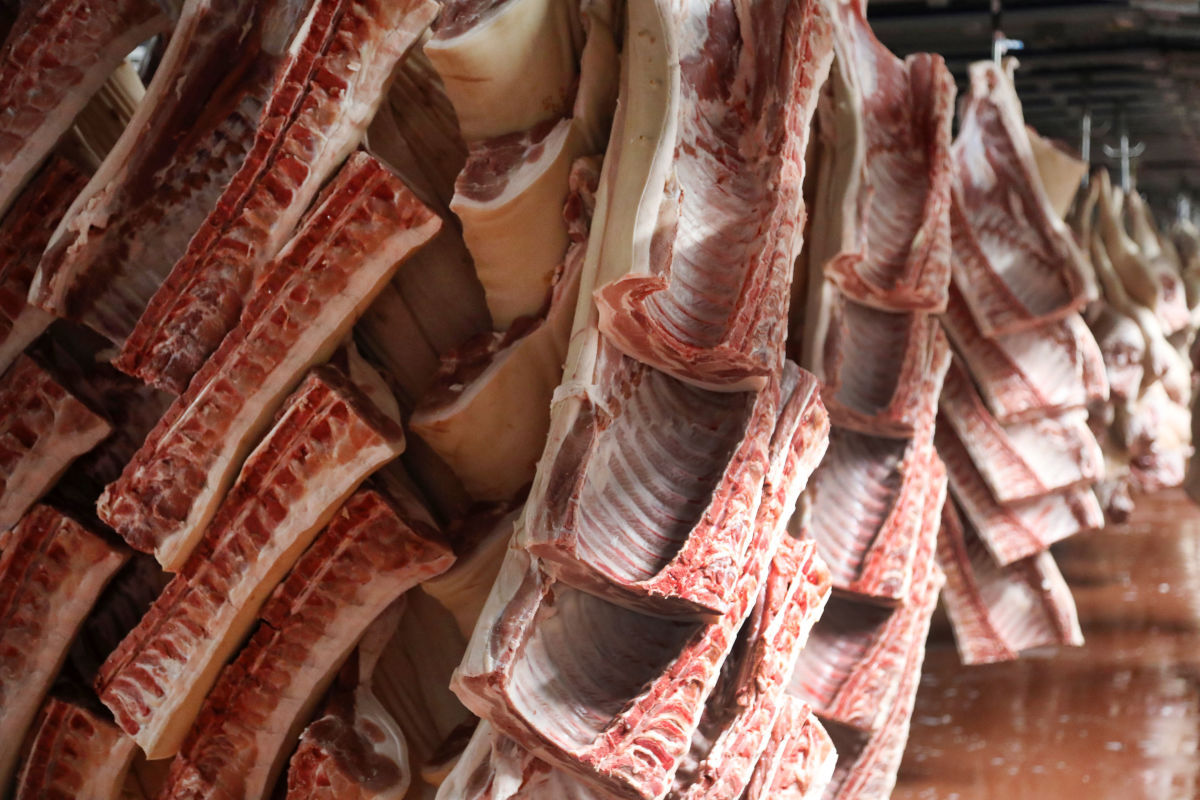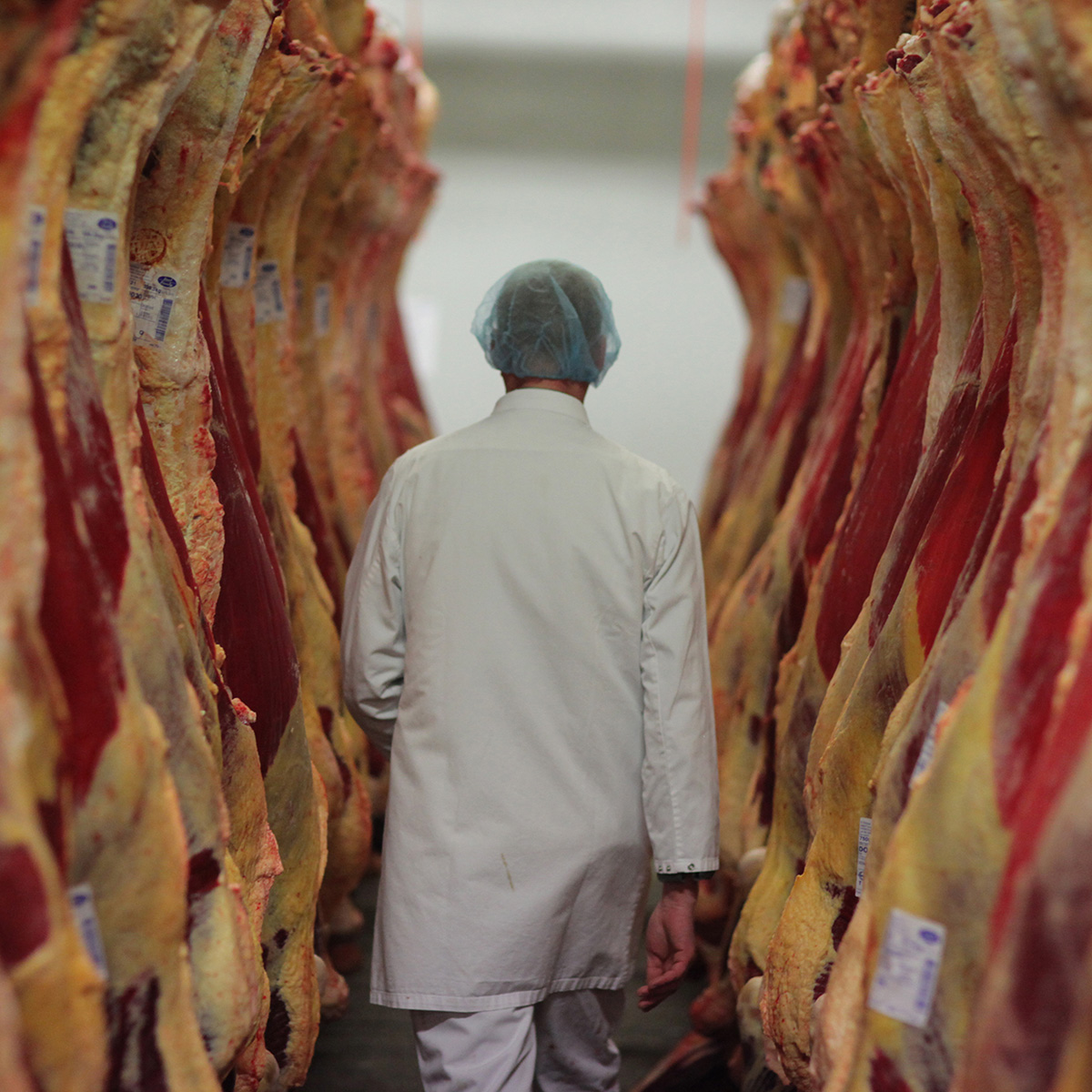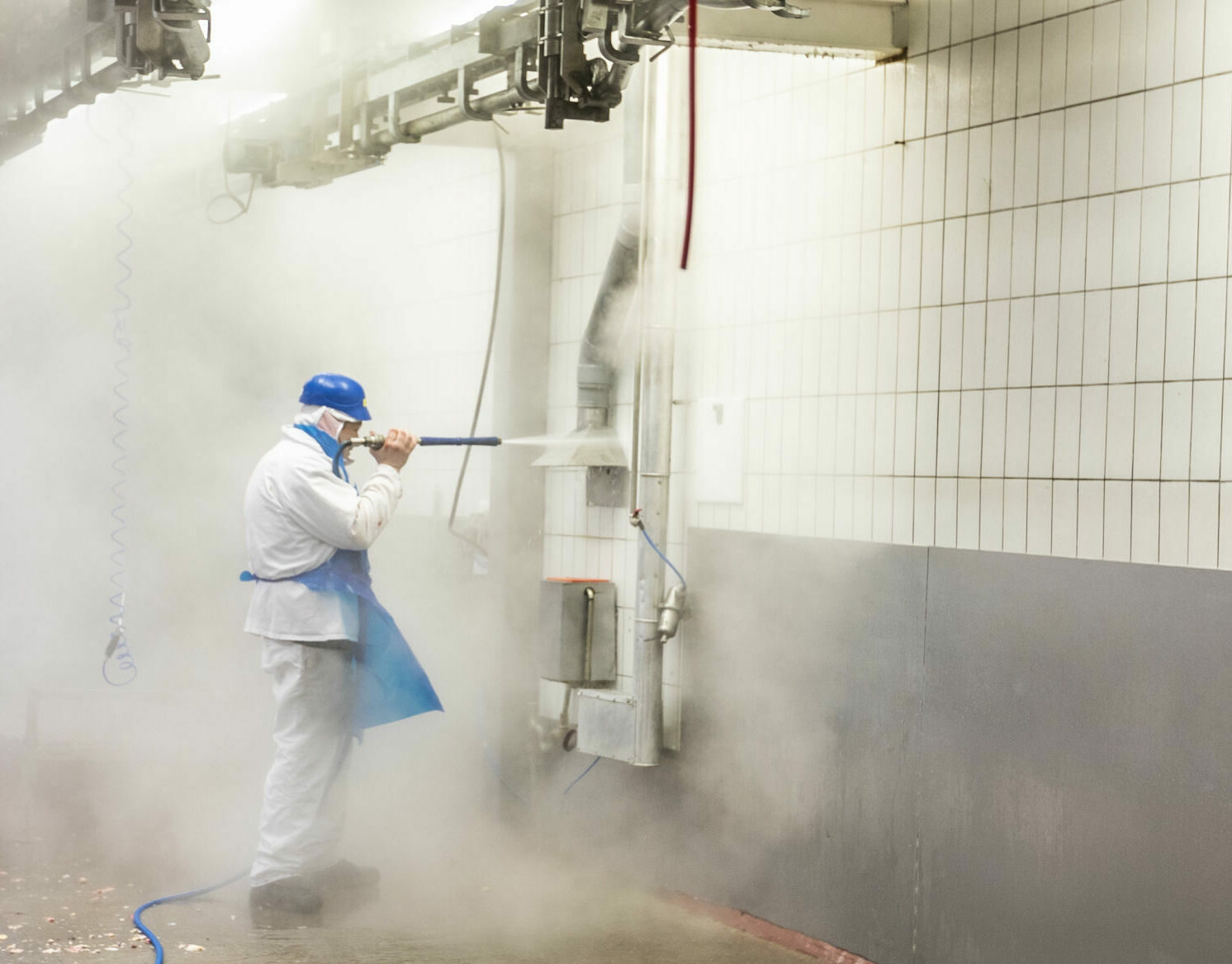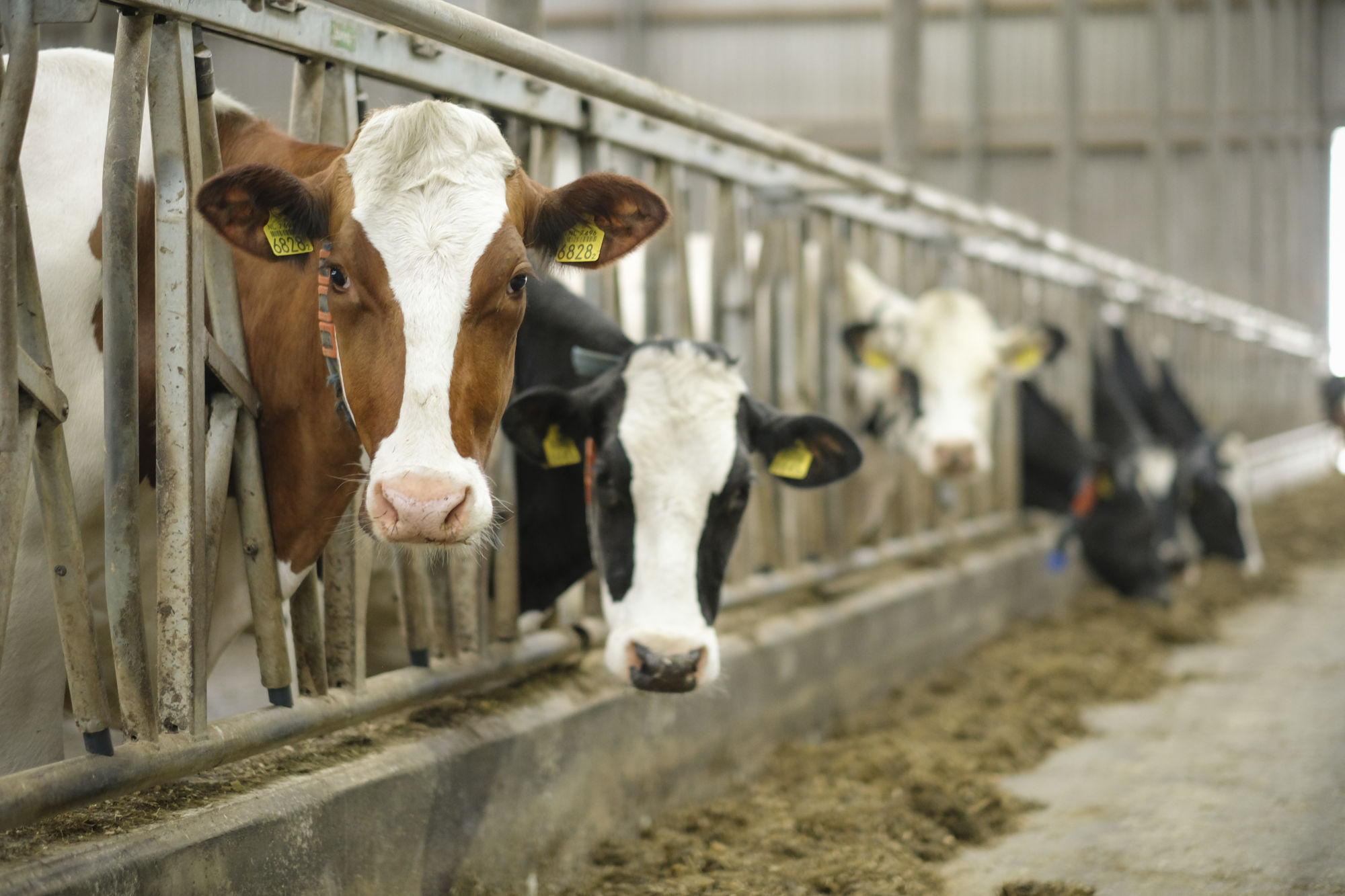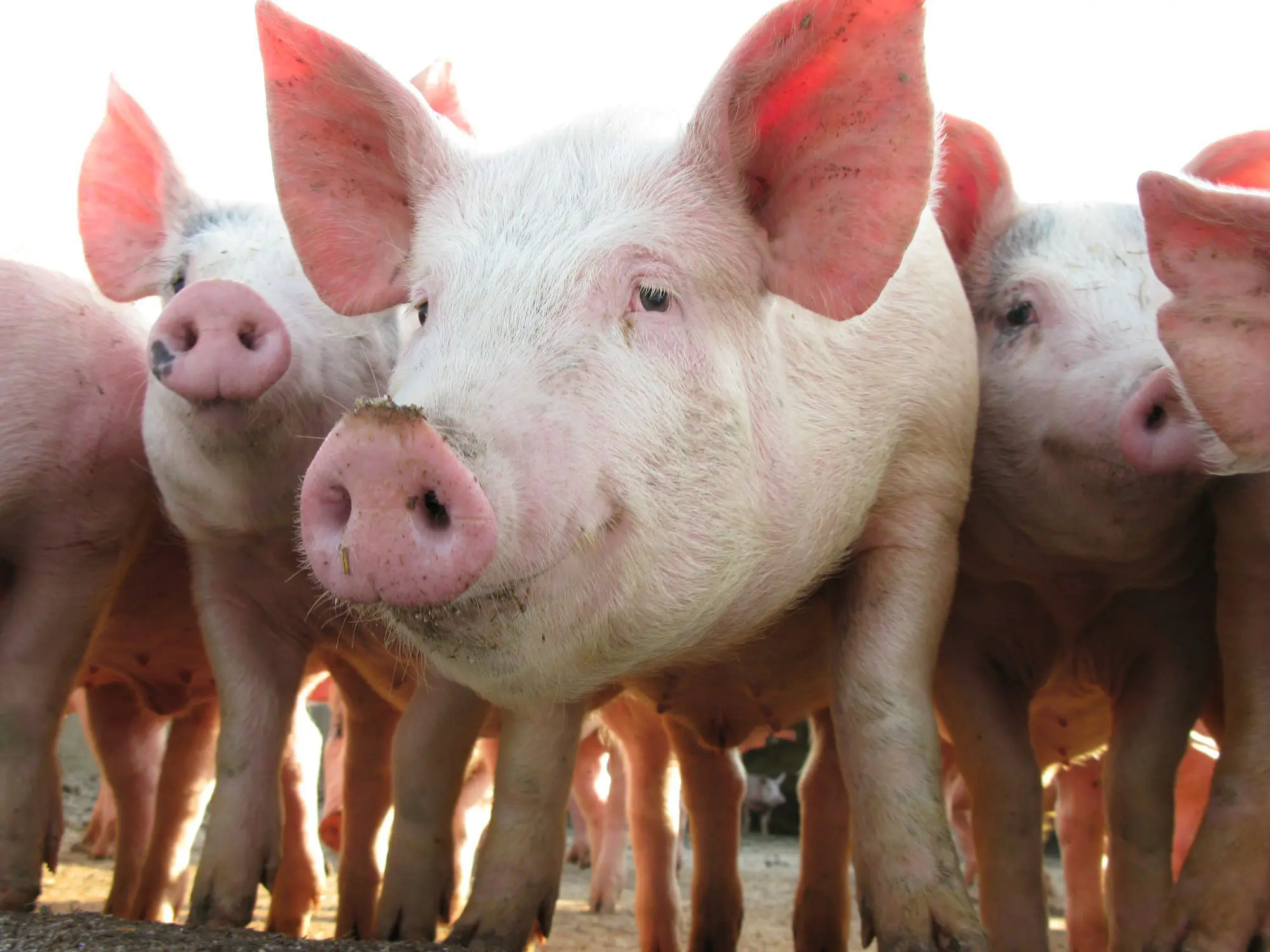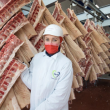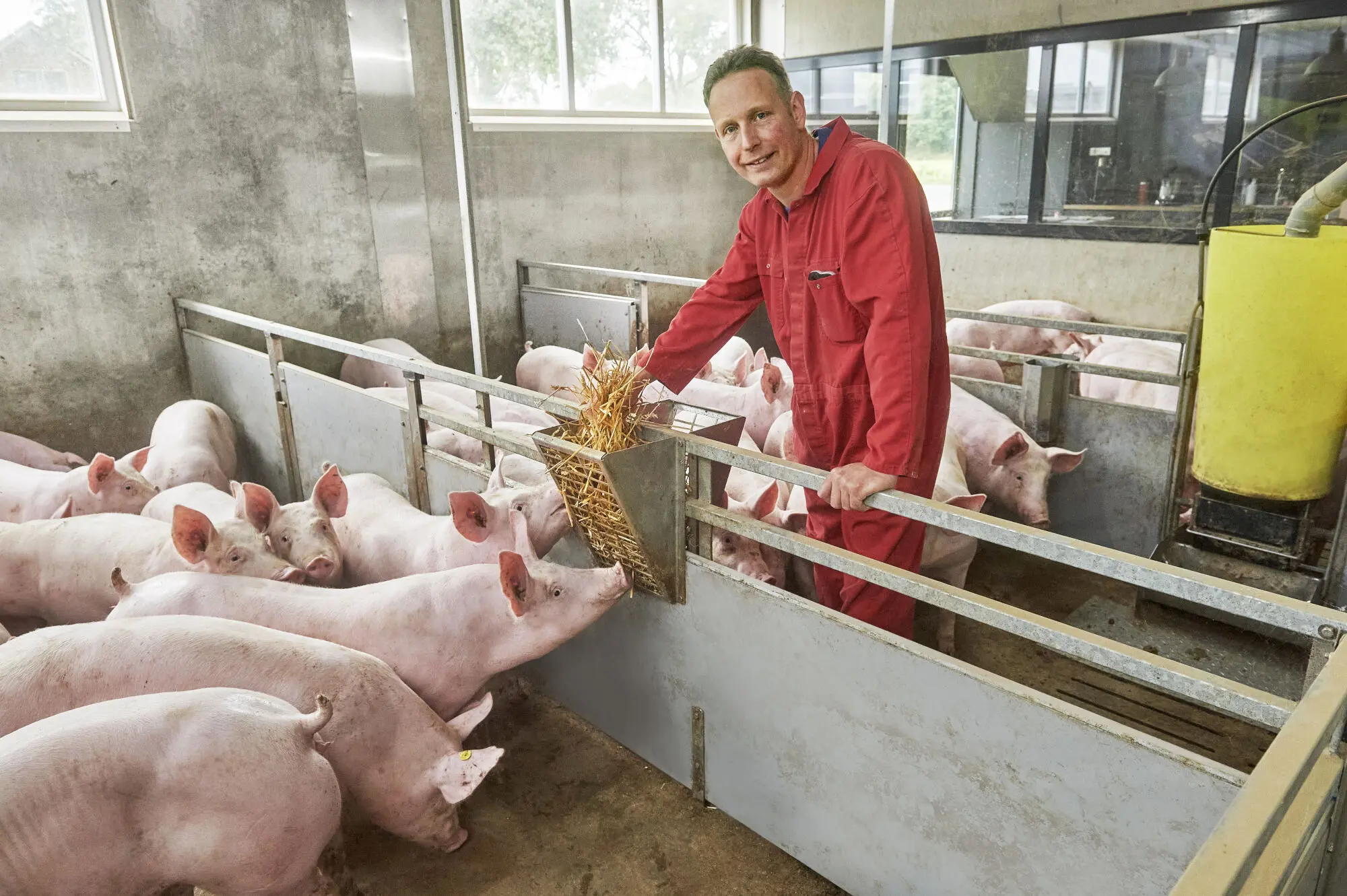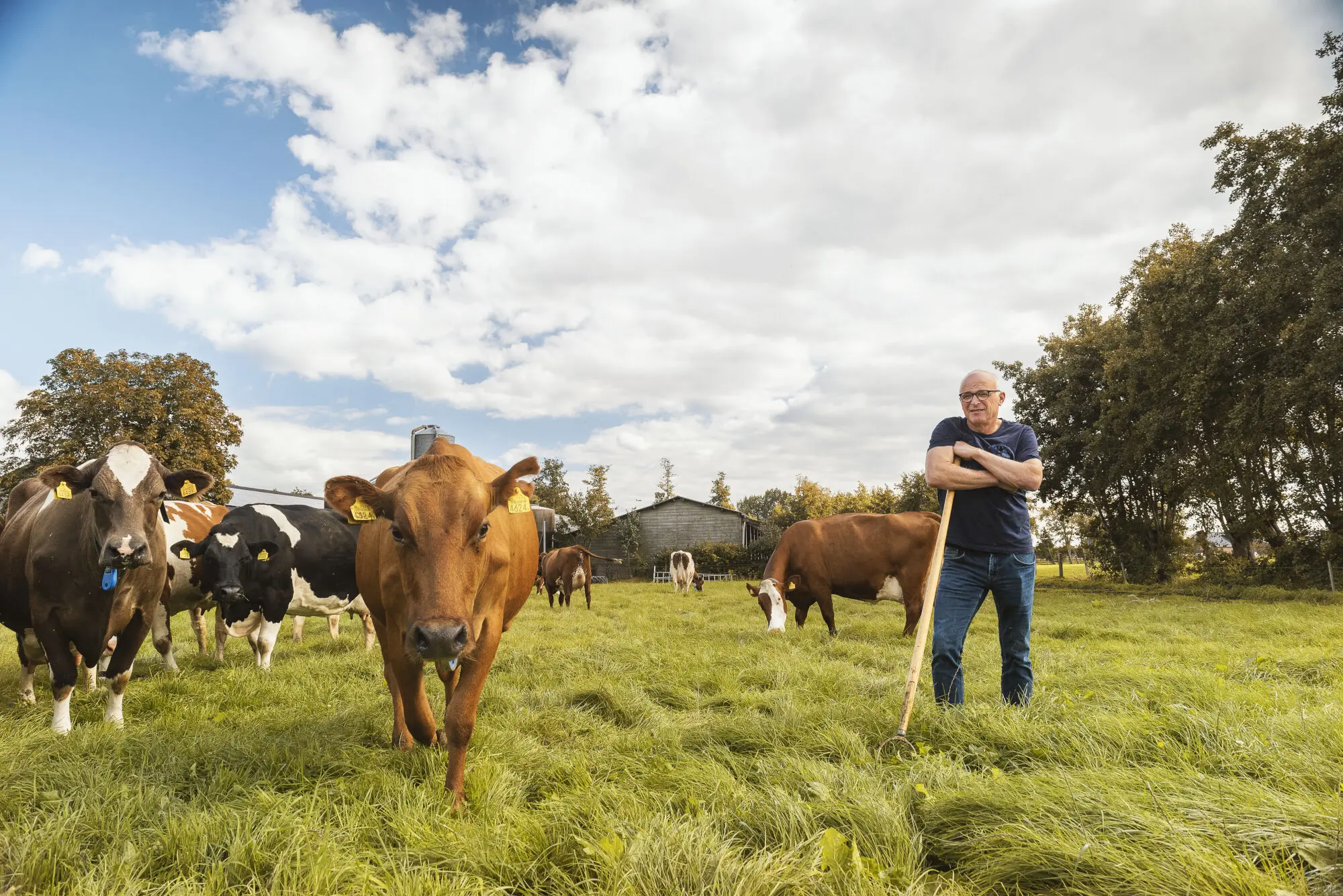Food safety
In food production, particularly when preparing foods of animal origin, there is always the risk that your way of working will have a negative impact on food safety. Animals carry microorganisms that can also infect humans when they are exposed to such bacteria. Furthermore, the processing of animals and products along the supply chain comprises many occasions at which products could become contaminated with unwanted materials should the way of working fall below the required hygienic standard. As such, Vion, our customers and consumers have the potential to cause contamination that could lead to a food-borne infection or intoxication. However, our performance levels regarding food safety procedures remain stable and effective. In this way we contribute to people’s access to safe and nutritious food all year round. We aim to have a positive impact on food safety in our industry.
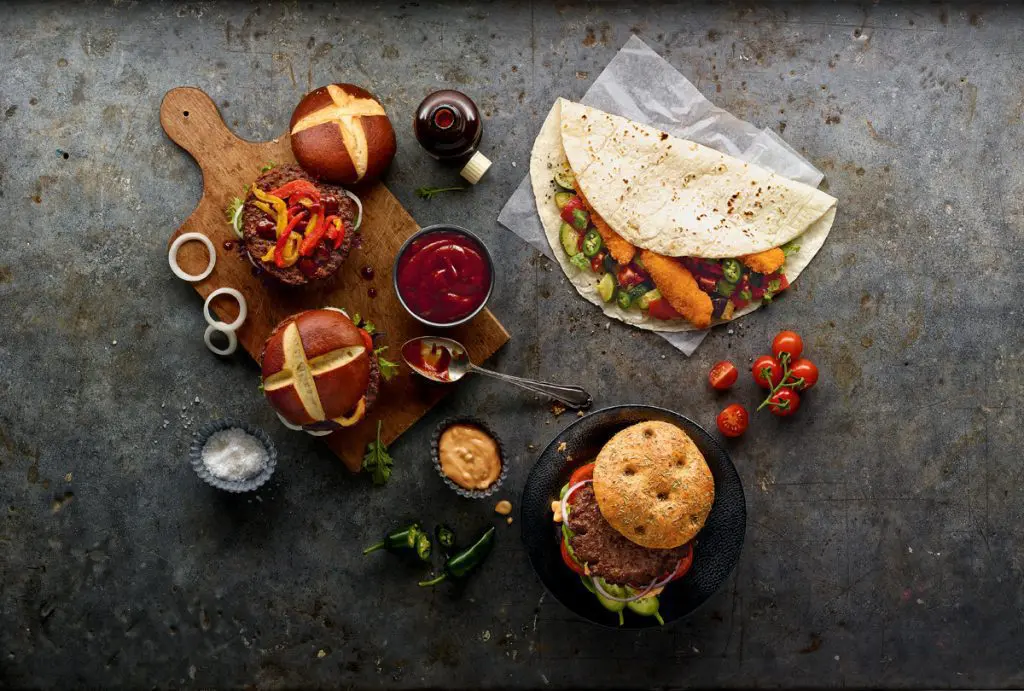
Producing safe and wholesome food is one of our top priorities. Food safety and quality assurance are embedded in the codes of practice at all Vion production sites. We are committed to the ISO 9001 standard for quality-oriented organisations, and all Vion facilities are ISO 9001 certified.The only exceptions are those sites that have been part of Vion for less than three years.
Our work on food safety covers diverse areas and processes:
- High standards of hygiene during daily operations.
- Training personnel.
- Equipment used.
- Daily cleaning and disinfection of production areas.
- Raising the bar for food safety standards by being board members of standard-setting organisations.
- Conducting scientific research to obtain the latest information and to study possibilities for improvement.
All our sites have incorporated the Vion-HACCP system, which is globally accepted. When it comes to slaughtering, there are two key principles for assuring food safety related to these zoonotic hazards. We prioritise these in our daily operations:
- Ensuring hygienic processing, with zero-tolerance on contamination from digesta.
- Preventing micro-organisms from multiplying by controlling the temperature at every stage of production.
To verify compliance with food safety and customer requirements, all production sites are certified according to the rules of the Global Food Safety Initiative (GFSI). The two food safety private standards we use us are the International Featured Standards Food (IFS Food) and the British Retail Consortium (BRC) standard. We publish these and other audit reports, as well as the results of quarterly inspections, on this website.
Products made from live animals inevitably contain microorganisms. This is not a risk in itself; it is part of nature. However, monitoring the number of microorganisms as a KPI provides a useful indication of how hygienic our work practices are. Our internal microbiological standard is based on the number of bacteria we find from the Enterobacteriacea bacterial family during the finalstages of production, which is when products have been handled the most. Given the natural variation in bacterial counts and product origin, it is unlikely that all samples will always comply with our internal standard. However, by committing ourselves to as high a percentage as possible, we can continuously improve our way of working and reduce any microbiological food safety risks. In 2023, our objective is to have 90% of pork and beef comply with the Vion internal standard.
To control risks in the supply chain, we require our suppliers to adhere to and certify their activities under a Good Agricultural Practice (GAP) scheme, such as GlobalGAP, the German QS (Qualität und Sicherheit), the Dutch Integrale Keten Beheersing (IKB) or Holland Varken. These schemes have been organised independently and on-farm audits are carried out by independent certificationbodies. As a major stakeholder, Vion is committed to contributing to the design and organisation of these schemes.
